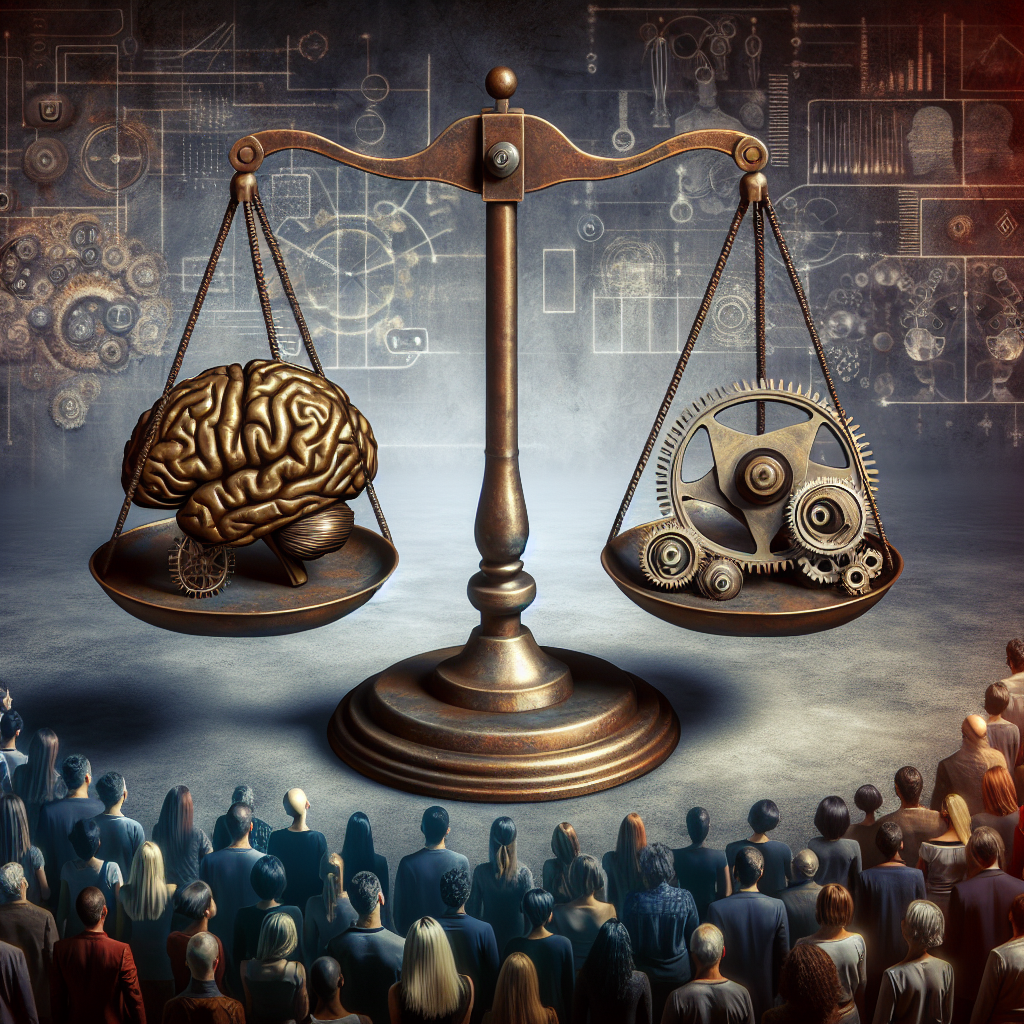The democratization of AI has brought about a revolution in the entertainment industry, allowing for new and innovative ways to create, distribute, and consume content. From personalized recommendations on streaming platforms to the use of AI in creating music and movies, the possibilities for entertainment are endless. In this article, we will explore how AI is transforming the entertainment industry and what it means for both creators and consumers.
One of the key ways in which AI is democratizing entertainment is through its ability to personalize content for individual users. Streaming platforms like Netflix and Spotify use AI algorithms to analyze user data and make recommendations based on their preferences. This has revolutionized the way we discover and consume content, making it easier than ever to find new movies, TV shows, and music that we love.
AI is also being used in the creation of entertainment content itself. For example, AI algorithms can analyze data on successful movies and music to predict what will be popular in the future. This can help creators make more informed decisions about what projects to pursue and how to market them to audiences.
In addition, AI is being used to create entirely new forms of entertainment. For example, AI-generated artwork and music are becoming increasingly popular, with artists using algorithms to create unique and innovative pieces. This has the potential to democratize the creative process, allowing anyone with access to AI tools to become a creator.
Furthermore, AI is also being used in the production of movies and TV shows. For example, AI algorithms can be used to analyze scripts and predict which ones will be successful at the box office. This can help studios make more informed decisions about which projects to invest in, potentially leading to a more diverse and innovative range of content being produced.
Overall, the democratization of AI in entertainment has the potential to revolutionize the industry, making it more accessible and inclusive for creators and consumers alike. However, there are also challenges and ethical considerations that must be taken into account as AI becomes more prevalent in the entertainment industry.
One of the key challenges of the democratization of AI in entertainment is the potential for bias in algorithms. AI algorithms are only as good as the data they are trained on, and if that data is biased, it can lead to discriminatory outcomes. For example, AI algorithms used to recommend content on streaming platforms have been found to favor certain demographics over others, leading to a lack of diversity in the content that is recommended to users.
Another challenge is the potential for AI to replace human creativity and talent in the entertainment industry. While AI can help creators make more informed decisions and streamline the production process, there is a fear that it could lead to a homogenization of content as algorithms favor formulas that have been successful in the past. This could stifle innovation and creativity in the industry.
There are also ethical considerations to take into account when using AI in entertainment. For example, the use of AI-generated content raises questions about intellectual property rights and attribution. Who owns the rights to content created by AI algorithms, and how should creators be compensated for their work?
Despite these challenges, the democratization of AI in entertainment has the potential to bring about positive change in the industry. By making content more personalized, diverse, and innovative, AI has the power to revolutionize the way we create and consume entertainment. As AI continues to evolve, it will be important for creators, consumers, and policymakers to work together to ensure that it is used in a responsible and ethical manner.
FAQs:
Q: How is AI being used in the entertainment industry?
A: AI is being used in a variety of ways in the entertainment industry, including personalized content recommendations, content creation, and production. Streaming platforms use AI algorithms to analyze user data and make recommendations based on their preferences, while creators use AI to analyze data on successful content and predict future trends.
Q: What are some examples of AI-generated entertainment content?
A: AI-generated entertainment content includes artwork, music, and even movies and TV shows. Artists use algorithms to create unique and innovative pieces, while studios use AI to analyze scripts and predict which projects will be successful at the box office.
Q: What are some of the challenges of using AI in entertainment?
A: Some of the challenges of using AI in entertainment include bias in algorithms, the potential for AI to replace human creativity, and ethical considerations around intellectual property rights and attribution. It will be important for creators, consumers, and policymakers to work together to address these challenges as AI becomes more prevalent in the industry.

